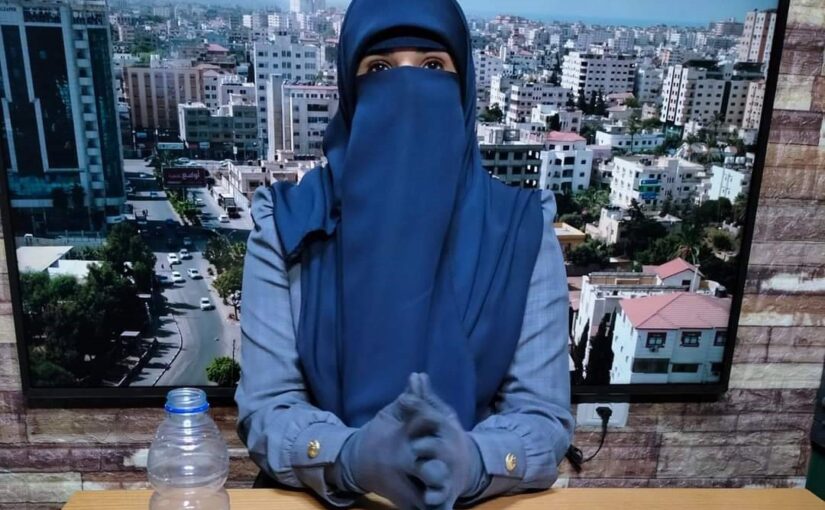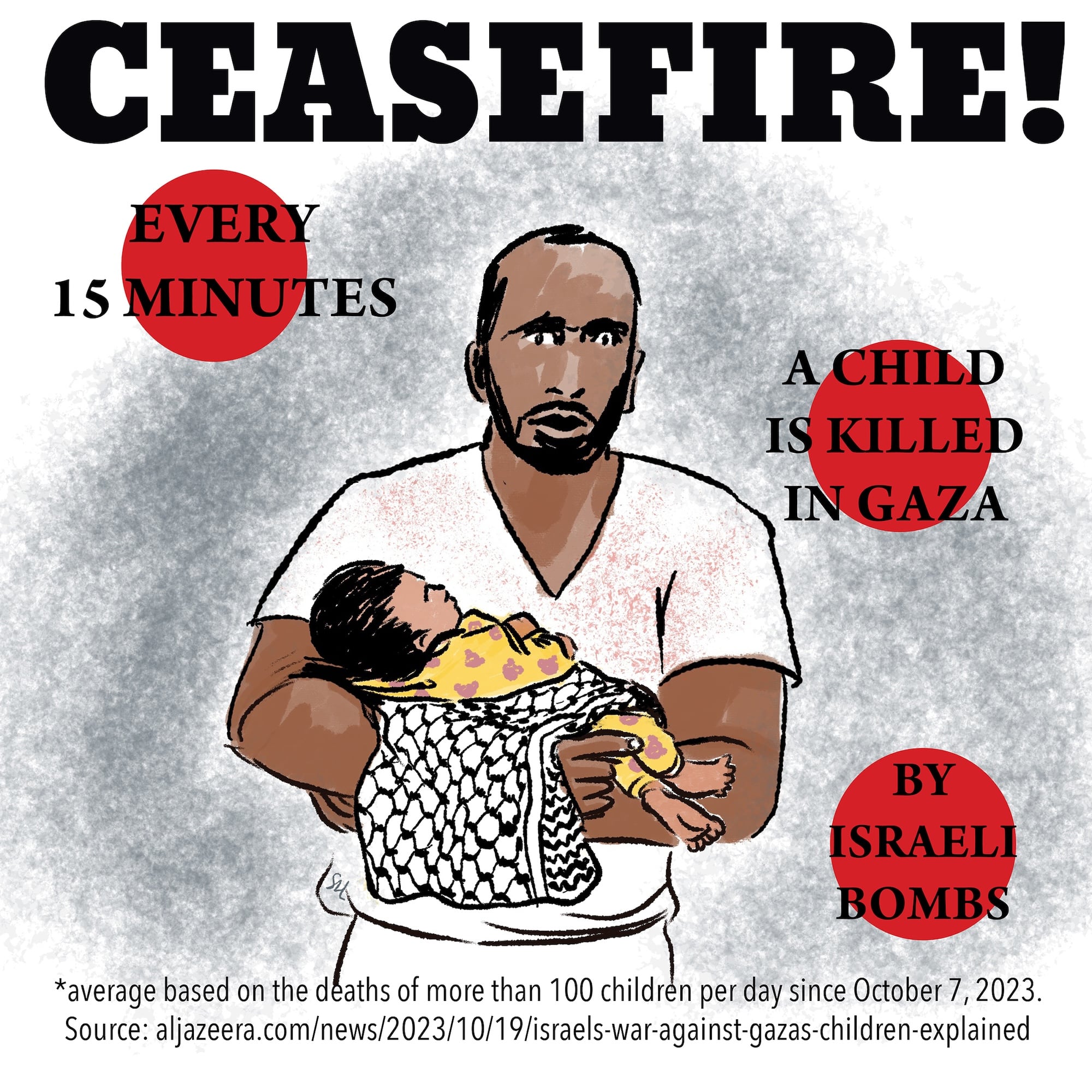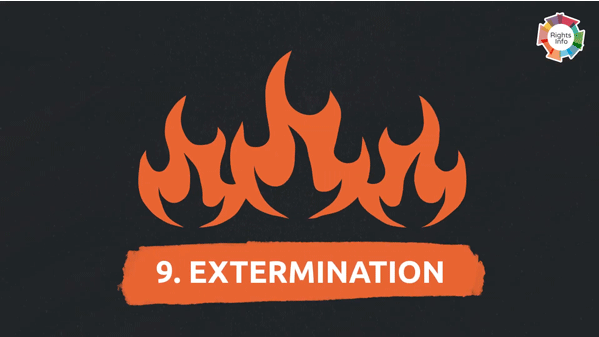Category: Gaza
-

Israeli occupation forces murder journalist Wafa Al Udaini and her family
ISM mourns Wafa Al Udaini, a Palestinian activist and journalist we were honored to have worked with. Israeli forces bombed her home in Deir Al-Balah in central Gaza, in the early hours of Monday morning, September 30, murdering Wafa, her husband Munir Atiyeh Al-Udaini, 5-year-old daughter Balsam, and 7-month-old son Tamim. She is survived by her…
-

Suffer the Children
I am still perpetually on the verge of crying or crying most of the time. Throughout my travels in Palestine, I have learned from the wisdom of children.
-

The Language of Genocide: Israel’s Extermination Rhetoric
To whatever extent that rhetoric is a common tool of war, Israeli politicians and public figures have prolifically furnished the relentless and ongoing bombardment of the Gaza Strip with the language of genocide and ethnic cleansing.
